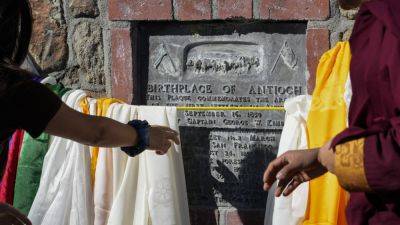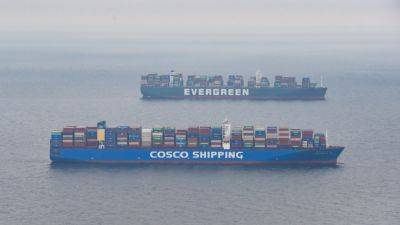Bytes to battles: a short cyberwar history
This is part three of a series, ‘Lessons from the first cyberwar.’ Read part one and part two.
Over the past two decades, warfare has expanded beyond mere physical confrontations to encompass the digital realm.
As a result, cyber capabilities have been growing, leading nation-states, notably Russia and Israel, to use cyberattacks increasingly in support of their political objectives as the following case studies illustrate.
Estonia 2007
In the spring of 2007, Estonia experienced what came to be known as the first cyberattack on a nation-state. This campaign was linked to a wider political dispute with Russia over the relocation of a Soviet-era monument in Tallinn. The cyberattacks, which began on 27 April, targeted Estonia’s internet infrastructure, including banks, media outlets and government services.
The cyberattacks were mostly Denial of Service (DoS) and Distributed Denial of Service (DDoS) attacks. They overwhelmed servers with massive waves of network traffic sent from botnets and automated requests, disrupting online services at an unprecedented level.
Estonia’s experience was the first instance of a nation facing this modern form of hybrid warfare. The effectiveness of the Russian cyberattacks on Estonia was amplified due to the country’s extensive reliance on the internet. In 2000, Estonia’s parliament even declared internet access a human right and the country has invested heavily in digitization.
These attacks flagged the vulnerabilities in a highly digitized society, demonstrating the risks of embracing extensive digitalization. The attacks demonstrated that cyber warfare is a serious tool for societal disruption in military contexts as it can cause damage but also not be followed with any sort of military







